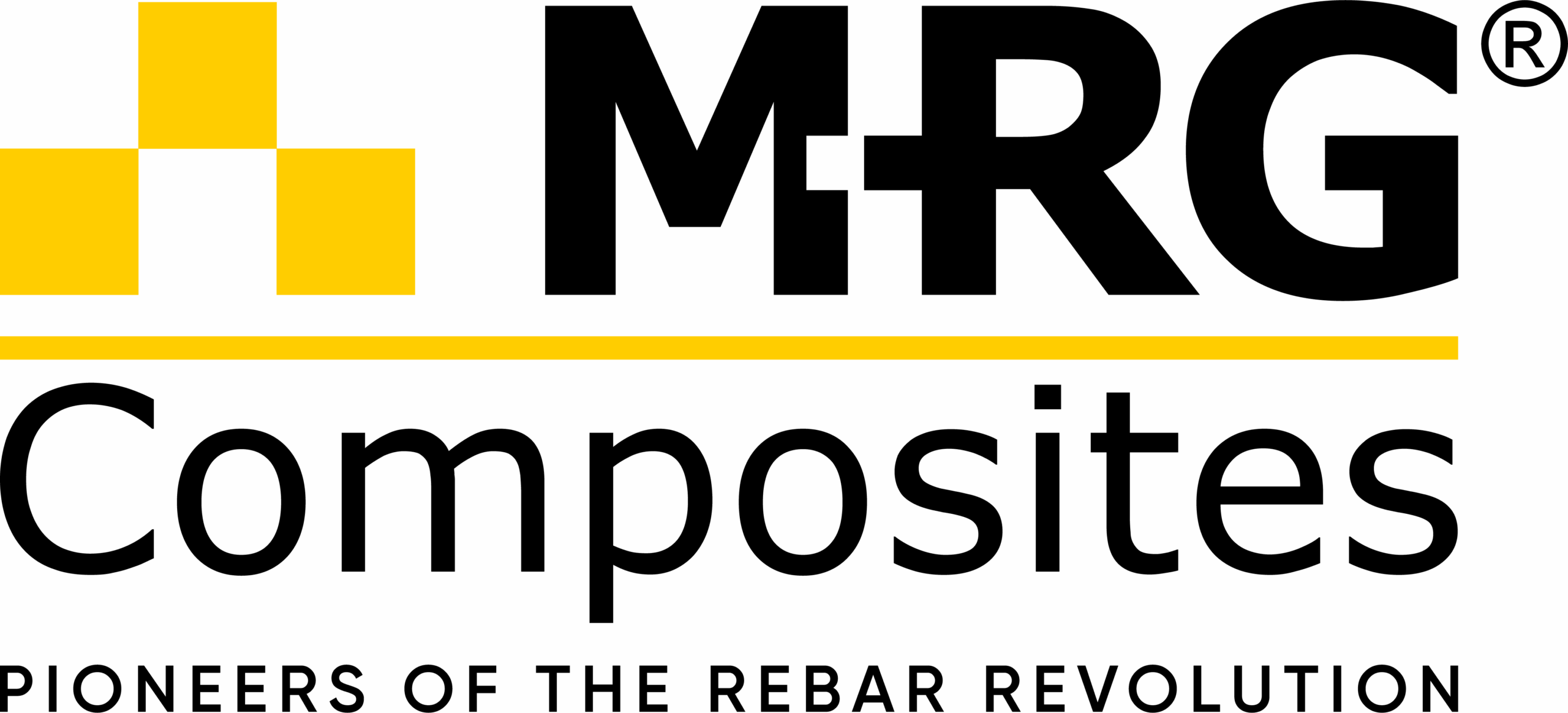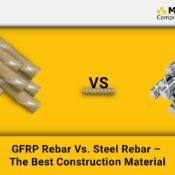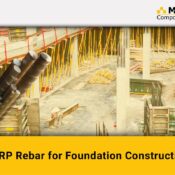The Costly Consequences of Corrosion
Corrosion in construction, often referred to as “concrete cancer,” occurs when steel reinforcement within concrete structures rusts due to exposure to moisture and oxygen. The consequences of corrosion are wide-ranging and costly, impacting both the safety and finances of construction projects.
Maintenance And Replacement: The need for continuous maintenance, checking and replacement requires a lot of financial burden to construction projects. These costs can be ongoing throughout the life of a structure.
Structural Integrity: Corrode Steel reinforcement loses strength, which can lead to cracks and fractures in concrete structures. This compromises the overall structural integrity, making buildings and bridges susceptible to failure.
Early replacements: In several cases, the construction requires early replacements of the entire structure, resulting in excessive costs that could have been avoided with corrosion-resistant materials.
Safety Risks: Corrosion weakens structures, posing serious safety risks to occupants and passersby. The risk of collapsing infrastructure, such as bridges and overpasses, due to corroded reinforcement is a grave concern.
Environmental Impact: The repair and replacement of corroded structures have environmental consequences, generating additional waste and consuming resources.
GFRP Rebar as Morden solution
Corrosion Resistance: GFRP rebar is inherently corrosion-resistant. It does not rust or corrode, even when exposed to harsh environmental conditions, making it an ideal choice for structures in high-moisture or saltwater environments.
Durable: GFRP rebar has a longer lifespan than traditional steel rebar. Its durability means fewer maintenance and replacement costs over time, reducing the overall life cycle cost of structures.
Lightweight: GFRP rebar is ¼ lighter than steel, simplifying transportation, handling, and installation. This property contributes to cost savings during construction.
High Strength: GFRP Rebar is two times stronger than traditional steel bars. It strengthens the construction, so it can handle stress and damage less.
Easy Handling and Installation: The lightweight nature of GFRP rebar makes it easier to handle and install. It reduces labour and equipment requirements, further contributing to cost savings.
Non-Magnetic: GFRP rebar is non-magnetic, which is beneficial when magnetic interference should be avoided, such as in medical facilities or near sensitive equipment.
Conclusion
Construction is a very crucial business to work in. Construction requires various things such as construction materials, planning, budget, labour, etc. Cost is one of the major elements in construction and other businesses. Many construction materials are available in the market, like CFRP, FRP, Steel bars, and GFRP Rebar. Steel bars are widely used for construction, but it has many disadvantages. By using steel bars, construction requires a lot of maintenance and replacements. It increases the maintenance costs.
Glass Fiber Polymer Resin is an emerging construction material. It provides various services such as corrosion resistance, strength, lightweight, and non-conductive, making it a cost-effective material.
MRG Composite Rebar
MRG Composite Rebar is a leading GFRP Rebar manufacturers in india and supplies worldwide. Our bars are stronger, lighter, and cost-effective than steel reinforcement bars. We are best known for our GFRP rebar. Our GFRP bars are the perfect choice for bridge construction.We are a leading GFRP Rebar manufacturers in India and supplies all over the world. We provide the best GFRP Rebar price in India and all over the world.
MRG Composite Rebar can provide high-quality industrial flooring. One of our specialities is in flooring for industrial and commercial clients. Our floors can help you keep your business look best. We offer a variety of flooring options to choose from.
All Categories
Recent Posts
GFRP Rebar vs. Steel Rebar: Strength, Durability & Benefits
GFRP Rebar for Foundation Construction
MON-SAT 8:00-9:00
+91 69 863 6420




